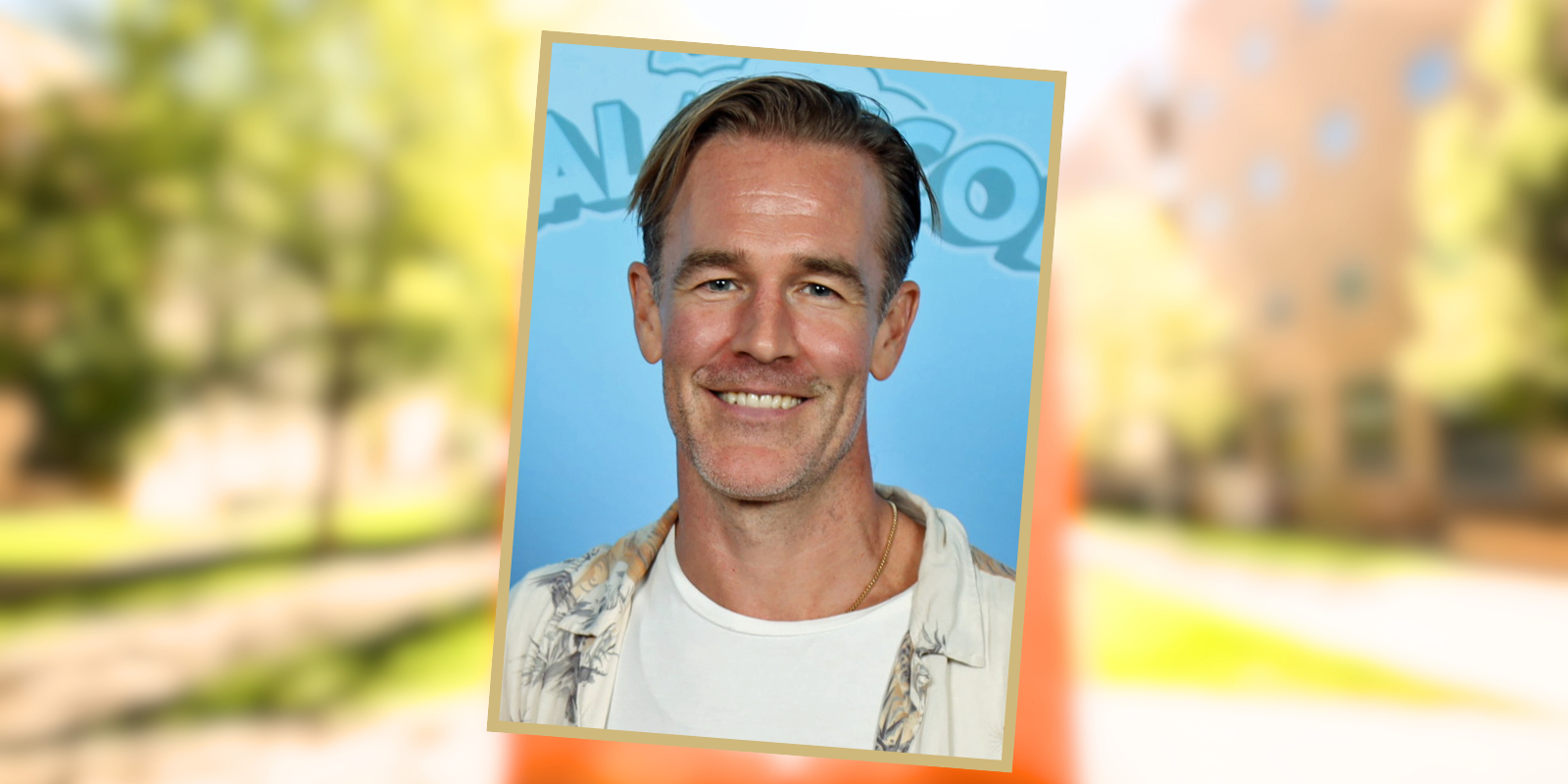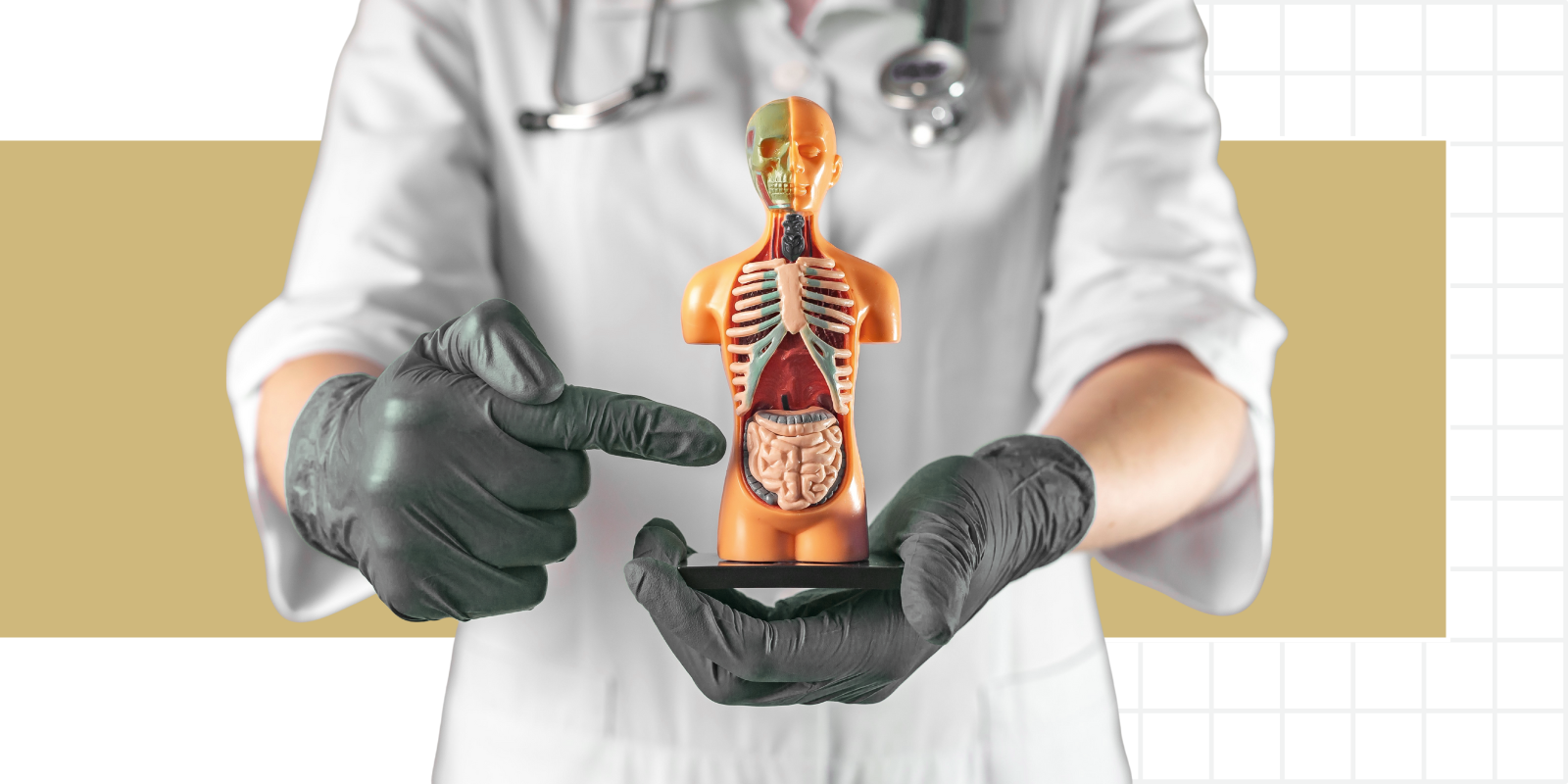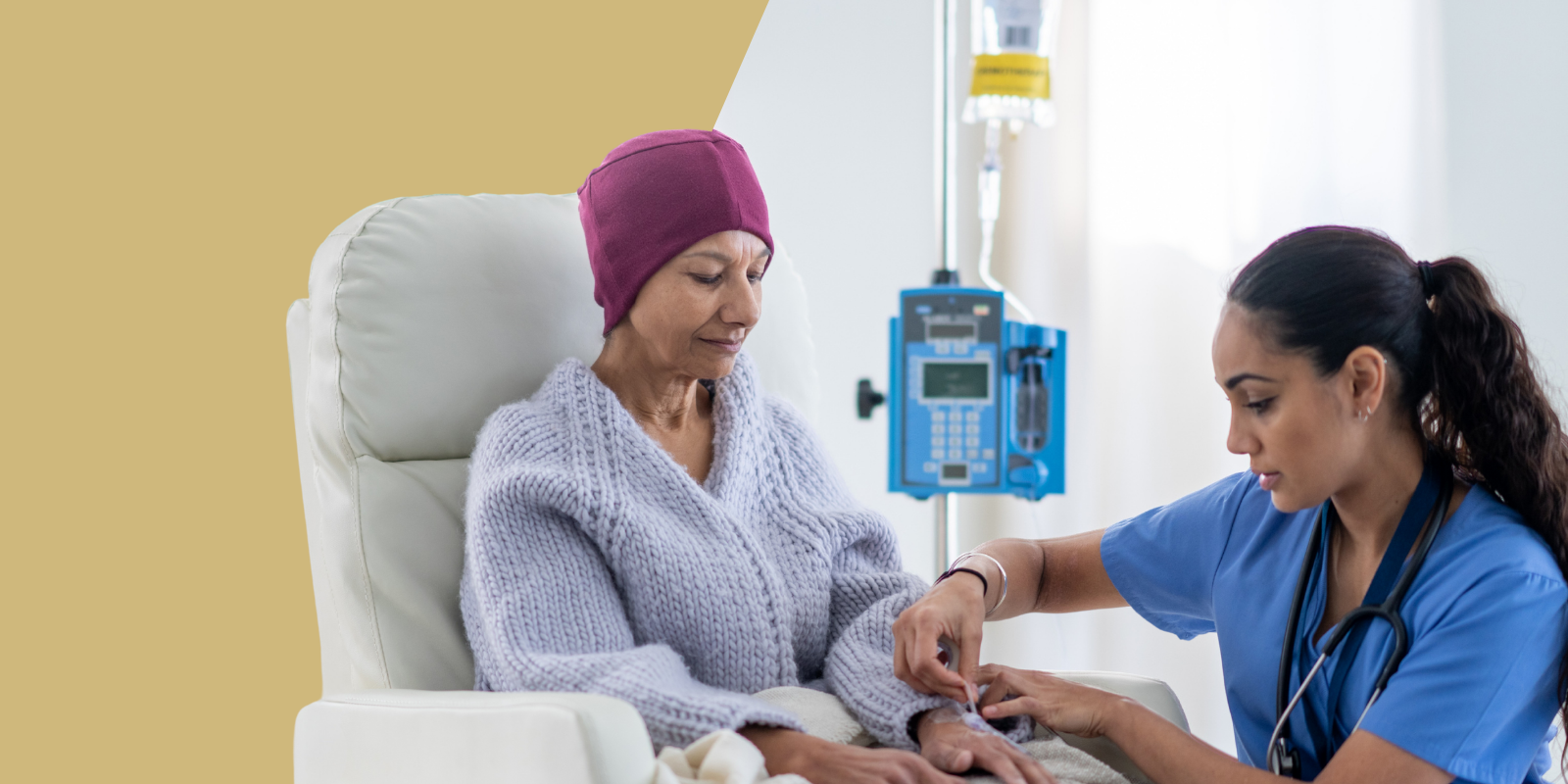How do you help children cope with a cancer diagnosis?
We've got kids saying things like, “I'm never going to get through this treatment” or “I'm afraid I'm going to die.” Those are all very normal reactions and very normal thoughts. But we try to focus on helping kids to think differently and in a way that's going to provide better coping for them. We also do a lot of work behaviorally, everything from dealing with needle phobias to procedural anxiety—helping kids get through the actual nitty gritty of their treatment more effectively.
We help them engage behaviorally in activities that are going to lift their spirits—trying to help them to engage with peers, which can be really challenging when you're not feeling well; helping them to focus as much as they can on academics and extracurricular activities when they can. There are a lot of patients who come to us who have never talked to a psychologist or a social worker; they've never dealt with anxiety or depression. It feels really hard for them. They feel almost like they're at fault for feeling that way, or it's a flaw they have that they're not coping better.
One of our main tasks is to normalize that this is an incredibly challenging and difficult experience, and the feelings you're having are appropriate. Our job is to support you. We know already this is going to be hard, and we know there’s a high potential for anxiety and depression.
At what point do you and your team begin working with a child who has been diagnosed with cancer?
We try to take a very preventative approach because we know how stressful this is. We know how stressful any pediatric diagnosis is, but especially a cancer diagnosis. We know how disruptive it’s going to be to families. We want to jump in as quickly as we can. The goal is for newly diagnosed families to see a social worker within the first couple of days of diagnosis, and then to see them throughout the course of their treatment.
One of the things I have found over the years is that it's really hard to engage a family that's in the middle of treatment. We try to get with them as early as we can so we know what's happening from the beginning. Then when something happens down the road—a child gets admitted to the ICU, or a father loses his job, or relapse, or end of life—we have a relationship with the family. When those challenges come, we can be more effective in the work that we do, rather than waiting until somebody's in dire straits and then introducing ourselves. There needs to be a certain level of trust and a rapport that's been already established to be effective. We try to engage families right from the beginning, normalize their experience, and normalize speaking with a social worker or psychologist, so that we can help them throughout their treatment.
Has anything changed in your work over the past few years?
You don't have to look very far in the newspaper or television news to see the struggles that adolescents and kids are having from a mental health perspective. Those are really magnified and increased dramatically in our own patients. We're seeing more kids with significant depression and significant anxiety. We're seeing an increase in the number of patients who are suicidal or at least have suicidal ideation. Add a cancer diagnosis on top of that, and you end up with kids who are struggling a lot more.
What is your favorite part of your job?
The best part of my job is when we get to say goodbye to a patient who has successfully gone through treatment. To continue to see them thrive is really amazing. I will occasionally hear from them down the road that they're still doing well. I've got a patient who finished treatment four or five years ago, and he's a truck driver now. He will randomly pick up the phone while he's on the road and call me just to say hello and tell me he's doing well. It's great to see how well they're doing. That’s what keeps me going.
What’s the biggest challenge?
The biggest challenge is the loss of any of our patients. Even for the patients who come to us with really poor prognoses, our tendency is to put that out of our heads. If we spent all our time thinking about the fact that this child might not make it, we couldn't do our job as effectively. But sometimes it sneaks up on me when a kid's been in treatment for a while. Even though we know the prognosis is poor, it's still difficult when the medical team comes back and says, “The disease is progressing; there's really not much more that we can do.” That always hits all of us incredibly hard.




